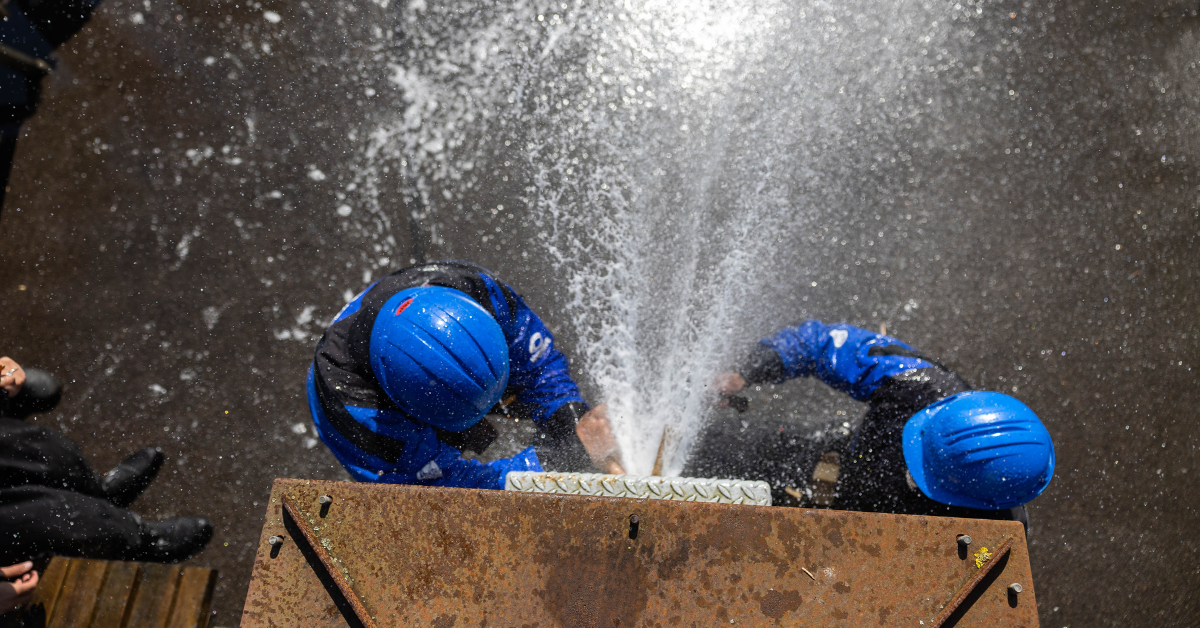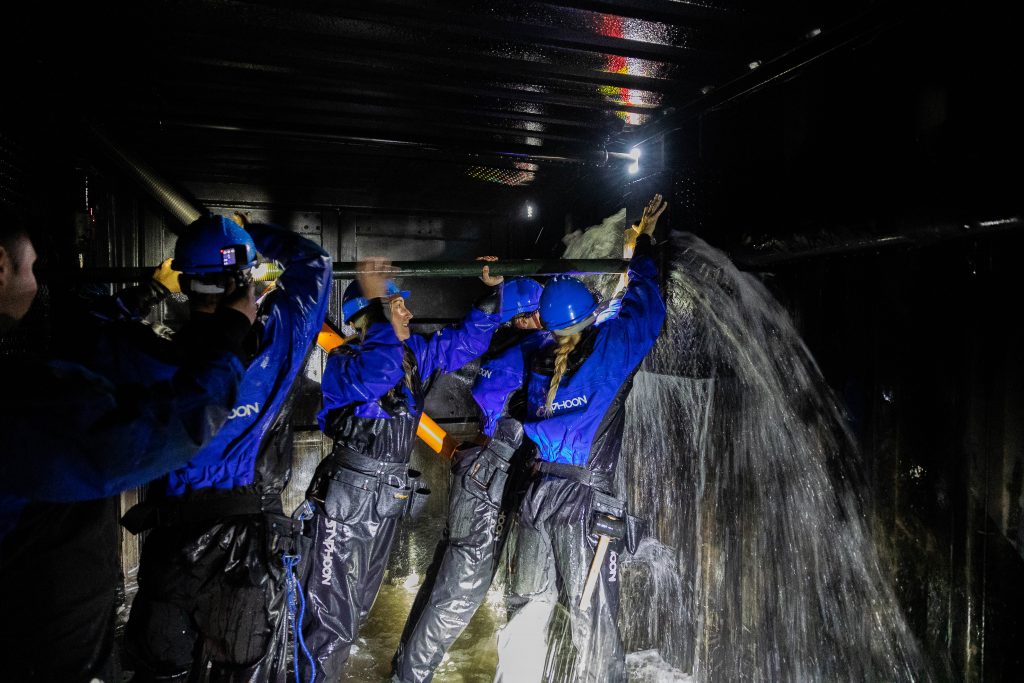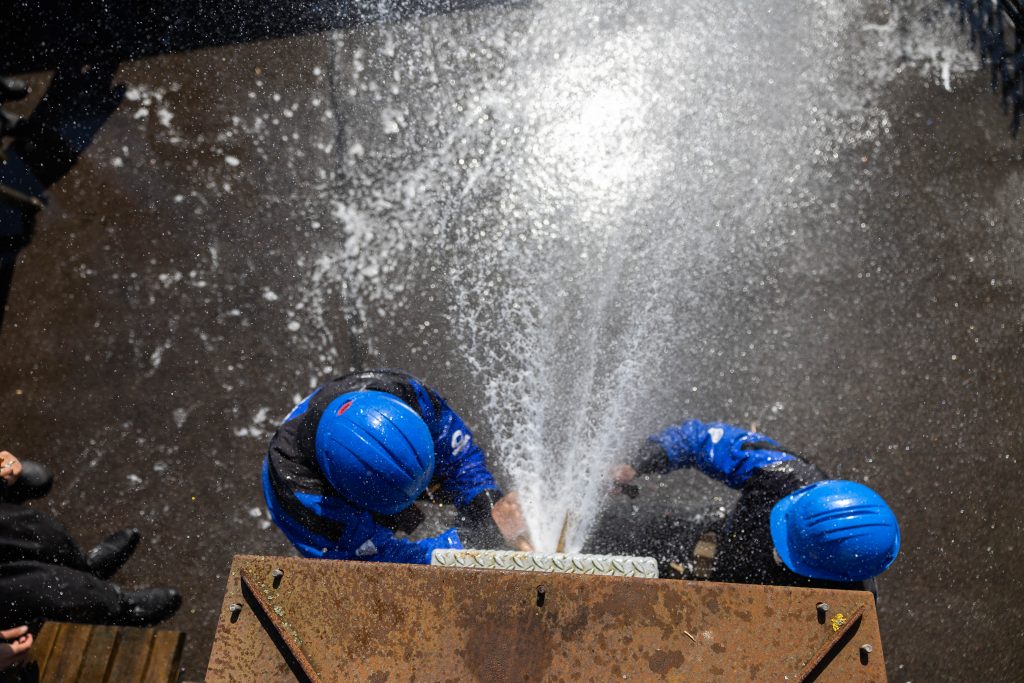Viking Maritime Group Marketing and Communications Manager, Jade Jaenicke recently completed a two-day Mental Health First Aider training course as part of the company’s commitment to the well-being of all staff.
Here is an insight into the training from Jade’s perspective and her thoughts after having completed the course.
Becoming a Mental Health First Aider
In a world where conversations about mental health are becoming increasingly normalised, I recently took a step to contribute to this important dialogue by completing Mental Health First Aider training. Along with several of my colleagues at Viking Maritime Group, I spent two days equipping myself with the tools to recognise when others may need support and guidance if they are struggling with their mental health.
Why Choose Mental Health First Aid Training?
Mental health challenges are something many of us face, either personally or through those we care about. Yet, the stigma around discussing these struggles often silences people. I wanted to be part of breaking that cycle. While I often find myself a shoulder to lean on, I realised that having formal training could make my support more effective and informed.
What the Training Entailed
The training was structured to provide comprehensive knowledge and practical skills.
We began by debunking myths and deepening our understanding of common mental health issues like anxiety, depression, and stress. It was eye-opening to see how these issues manifest differently for everyone.
We learned to identify early signs of mental health challenges, ranging from subtle behavioural changes to more overt expressions of distress. Recognising these signs early can make a huge difference.
Much like physical first aid, mental health first aid focuses on immediate assistance. We practised listening non-judgmentally, offering reassurance, and providing information about professional help when needed.
A critical part of the training involved handling situations like panic attacks, suicidal thoughts, or acute anxiety episodes. Role-playing these scenarios was intense but crucial in building confidence for if a situation arises that we would need to deal with.

Personal Takeaways
The training reminded me that everyone’s story is unique. Rather than trying to “fix” someone, my role as a Mental Health First Aider is to create a safe space where the person feels heard and supported. I now have the skills, knowledge, and confidence to listen, support, and direct someone to where they can best source the relevant help.
Supporting others can be emotionally taxing, so we were taught the importance of maintaining our own mental well-being. This includes setting boundaries and seeking to help ourselves when needed, as well as ensuring we are practising self-care regularly, whether that be taking a long bath or going to the gym.
A kind word, an open ear, or simply showing up for someone can have a profound impact.
Since completing the training, I’ve started noticing how small changes in language and behaviour can make a big difference. Whether it’s at work, with friends, or even strangers, I feel more equipped to navigate conversations about mental health with confidence and compassion.
Becoming a Mental Health First Aider doesn’t mean I have all the answers. But it does mean I’m better prepared to guide someone to the help they need.
I encourage anyone considering Mental Health First Aider Training to sign up. Not only does it enhance your ability to help others, but it also strengthens your own understanding of mental health. Together, we can make a difference.
If you or someone you know if struggling, you can find helpful resources below:
https://www.mind.org.uk/information-support
https://mhfaengland.org/crisis-support
Or if you’d like to find out more and book a course to become accredited yourself, please click here: https://mhfaengland.org/






